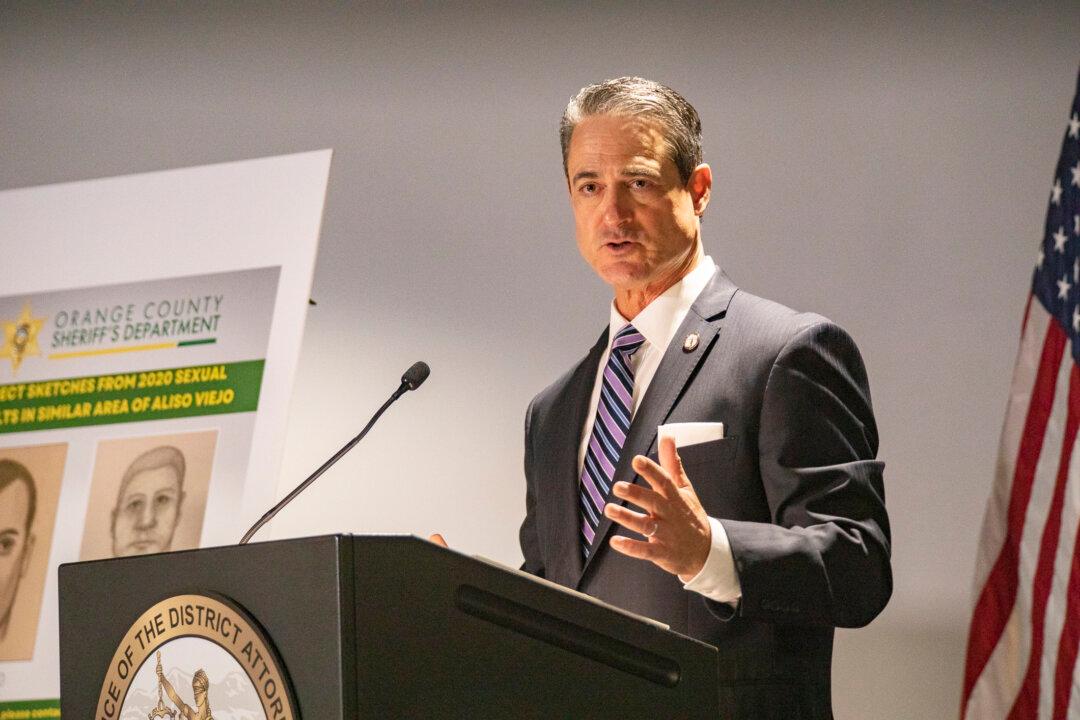Commentary
As I have previously reported in The Epoch Times, the elections for California attorney general and the county district attorneys are going to be really nasty this year. That always happens when crime goes up.

As I have previously reported in The Epoch Times, the elections for California attorney general and the county district attorneys are going to be really nasty this year. That always happens when crime goes up.